SUSTAINABILITY AT OLI
Why Sustainability?
While OLI is not legally obligated to issue a sustainability report, we have chosen to take this step because we firmly believe in shaping a future that reflects our dedication to innovation, responsibility, and ethical business practices.
We see sustainability as an opportunity to:
- Shape the world for future generations: By taking responsibility for the environmental, social, and governance impacts of our actions.
- Foster collaboration: Working closely with stakeholders and partners to protect the environment and build a better tomorrow.
Our Approach to Sustainability: The ESG Framework
Our sustainability strategy is built on three interconnected pillars:
🌍 Environment
We are committed to reducing the environmental impact of our operations by:
- Acting directly on our internal processes to enhance energy efficiency and minimize waste.
- Acting indirectly by promoting sustainability throughout our supply chain and supporting local environmental initiatives.
To ensure transparency and accountability, we have adopted international certification models that measure our progress, build trust among stakeholders, and drive continuous improvement.
🤝 Social
At OLI, we believe that our people are our greatest asset. Our social responsibility efforts focus on:
- Fostering growth and development: Providing employees with training, education, and opportunities to thrive in a safe and inclusive environment.
- Diversity and inclusion: Building a workplace that values the unique perspectives and contributions of every individual.
- Community impact: Contributing to the economic and social development of the communities we serve.
📋 Governance
Strong governance is the foundation of sustainable success. We aim to:
- Foster a transparent and responsible organizational structure.
- Formalize key processes to ensure compliance with regulatory standards.
- Uphold ethical practices through the adoption of a Code of Ethics, which clearly defines the values that guide our operations.
We see sustainability as an opportunity to:
- Shape the world for future generations: By taking responsibility for the environmental, social, and governance impacts of our actions.
- Foster collaboration: Working closely with stakeholders and partners to protect the environment and build a better tomorrow.
Our Approach to Sustainability: The ESG Framework
Our sustainability strategy is built on three interconnected pillars:
🌍 Environment
We are committed to reducing the environmental impact of our operations by:
- Acting directly on our internal processes to enhance energy efficiency and minimize waste.
- Acting indirectly by promoting sustainability throughout our supply chain and supporting local environmental initiatives.
To ensure transparency and accountability, we have adopted international certification models that measure our progress, build trust among stakeholders, and drive continuous improvement.
🤝 Social
At OLI, we believe that our people are our greatest asset. Our social responsibility efforts focus on:
- Fostering growth and development: Providing employees with training, education, and opportunities to thrive in a safe and inclusive environment.
- Diversity and inclusion: Building a workplace that values the unique perspectives and contributions of every individual.
- Community impact: Contributing to the economic and social development of the communities we serve.
📋 Governance
Strong governance is the foundation of sustainable success. We aim to:
- Foster a transparent and responsible organizational structure.
- Formalize key processes to ensure compliance with regulatory standards.
- Uphold ethical practices through the adoption of a Code of Ethics, which clearly defines the values that guide our operations.
🌅 Our Commitment to the Future
We understand that sustainability is a journey, not a destination. As part of our long-term vision, we continuously strive to innovate, improve, and align our business practices with the principles of sustainable development.
At OLI, sustainability is a shared responsibility. We invite our stakeholders, partners, and employees to join us in thinking, acting, and building with the future in mind. Together, we can make a difference—for our children, for the planet, and for generations to come.
💡 Discover More
Read our latest Sustainability Report 2023 and learn more about our ESG initiatives, milestones, and objectives: [Insert link to the report]
#BuildingTogether #SustainabilityAtOLI #ResponsibleFuture
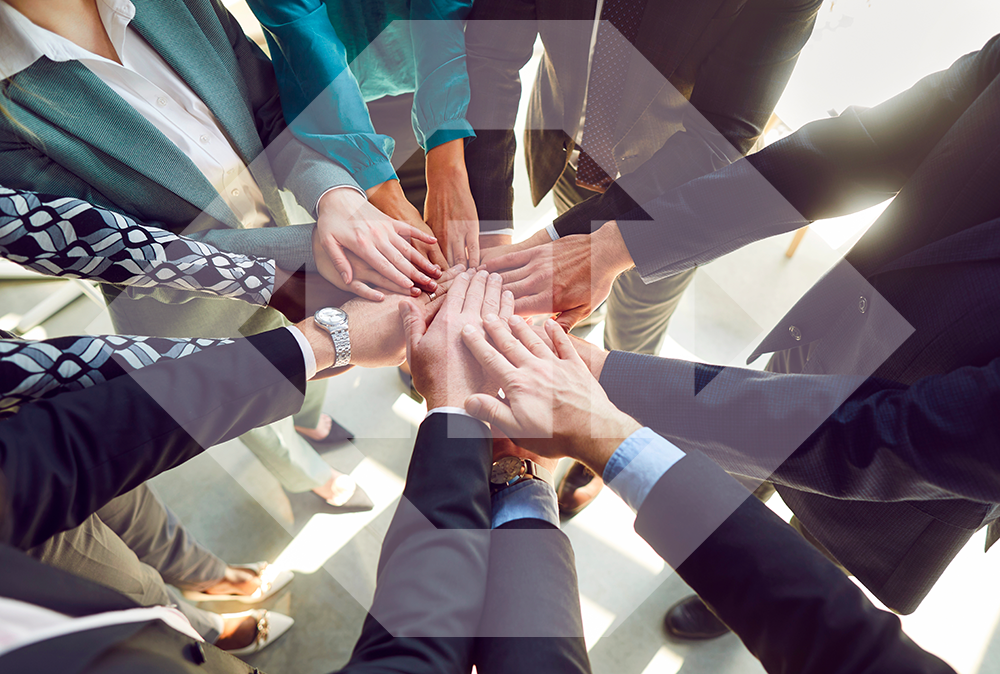
OLI SUSTAINABILITY EFFORTS
Sustainable corporate strategies are critical to remain relevant and competitive in today’s world.
OLI is already investing and developing new corporate strategies focusing on the following Sustainable Development Goals (2030 UN Agenda)
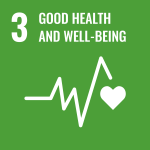
3.Good health and well-being
Ensure healthy lives and promote well-being for all at all ages
What we do:
Welfare policies;
Supplementary health insurance;
Safety certification procedures started according to UNI ISO 45001: 2018 – Management systems for health and safety at work
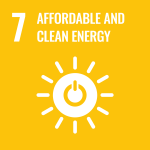
7. Affordable and clean energy
Ensure access to affordable, reliable, sustainable and modern energy for all
What we do:
Production of clean energy with solar panels;
Energy efficiency of the headquarters;
Charging columns for electric vehicles.
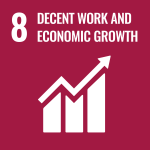
8. Decent work and economic growth
Promote sustained, inclusive and sustainable economic growth, full and productive employment and decent work for all
What we do:
Achieve higher levels of economic productivity through diversification, technological upgrading and innovation, including through a focus on high-value added and labour-intensive sectors
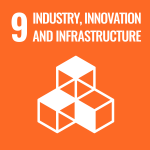
9.Industry, innovation and infrastructure
Build resilient infrastructure, promote inclusive and sustainable industrialization and faster innovation
What we do:
Investments in sustainable infrastructure and in technological research;
Increase resource-use efficiency and adoption of environmentally sound technologies;
Develop of the company structure to become sustainable and resilient.
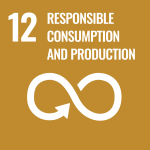
12. Responsible consumption and production
Ensure sustainable consumption and production patterns
What we do:
Environmental certification procedures started up according to UNI EN ISO 14001: 2015 – Environmental management systems
